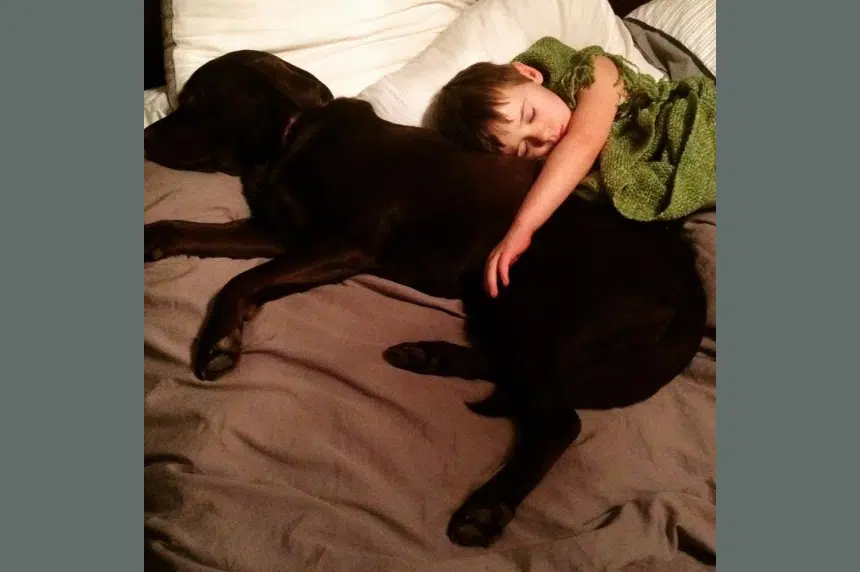After the tragic deaths of 14 dogs at a Saskatoon boarding kennel, people are calling for stronger industry regulations in the province.
There are currently no licencing or specific requirements for kennels in Saskatchewan.
Dr. Betty Althouse, the province’s chief veterinary officer, said she’s devastated for the families of the 14 dogs who died at Playful Paws Pet Centre on Sept. 9.
“I’m a pet owner myself and I can’t imagine what they’re going through,” she said.
The animals were all staying at the boarding kennel overnight Friday. In a Facebook post the following day, the business said one of its rooftop heating units malfunctioned, pushing heat into an upstairs kennel room where the dogs perished.
The incident is currently under investigation by the Saskatoon SPCA, whose animal protection officers handle local incidents.
The province provides the framework for investigations with the Animal Protection Act and its corresponding regulations.
“The act is fairly general in that it deals with animals in distress and it covers an animal in distress for any reason,” Althouse said.
“Also under the act, no one can cause an animal to be under distress or allow them to continue to be in distress.”
In the case of Playful Paws, Althouse acknowledged the dogs would’ve been in distress prior to their deaths.
No one, however, was at the kennel when the dogs died.
While the Playful Paws website stated there’s “constant supervision” at the facility, owner Bonnie Clark clarified Monday that meant for all times when dogs aren’t in kennels.
Clark said dogs are left alone for 10 hours overnight, which is “standard,” and that staff provide this information to customers during an introductory tour.
The Animal Protection Act does not contain specific requirements for businesses such as Playful Paws, other than a code of practice for Canadian kennel operators.
In the one-page section regarding care and supervision, the code states it’s the responsibility of kennel owners and operators to ensure that “efficient, regular supervision and health care are provided by knowledgeable and experienced staff on an ongoing basis.”
“There’s not always full-time supervision in animal care facilities,” Althouse said, adding increasing regulations might not be the most practical solution.
“If there was licencing, then there’d have to be regular inspection. That would take a lot of time, effort, money to do those regular inspections—and then those inspections are only as good as the time (they’re completed).”
While people continue to discuss possible solutions, Althouse encourages animal owners to fully investigate facilities before placing their pets in a boarding kennel.
“Check it out, ask questions, so that they’re well aware of what’s being provided and what isn’t,” she said.
There’s still no confirmation on the cause of death for the animals at Playful Paws. The owner said heating units are now being looked at, despite being recently serviced.
“We’re having them inspected so we can pinpoint exactly what happened,” Clarke said.
The business is waiting on that report to determine whether it was indeed mechanical failure, along with a report from animal control.
Once more information is known, Playful Paws will issue a statement to the public and media.











